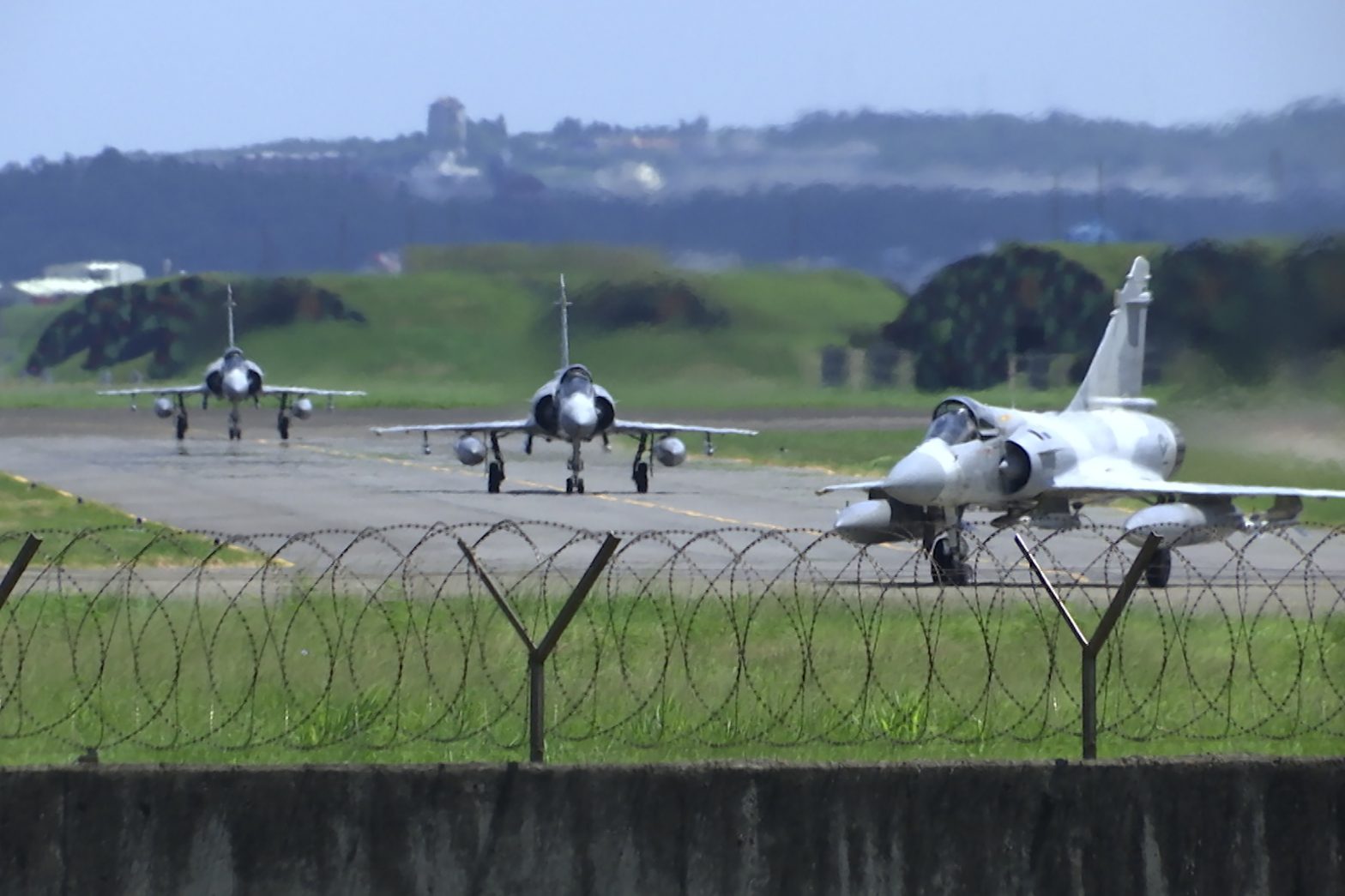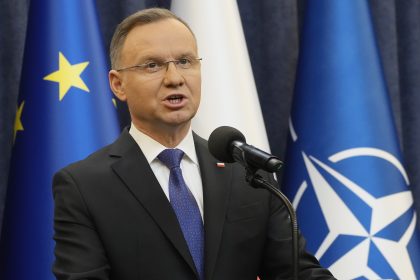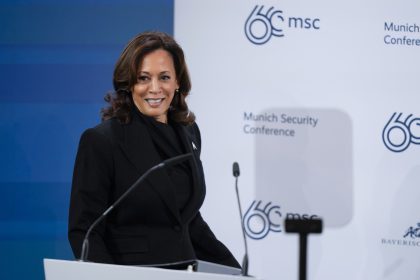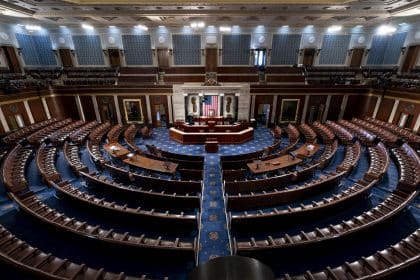China Hits Back With Sanctions After Pelosi’s Visit to Taiwan

WASHINGTON — China’s saber-rattling and pushback continued Friday after House Speaker Nancy Pelosi, D-Calif., visited Taiwan while the Biden administration pledged not to back down in support of the island nation.
China announced it is canceling or suspending cooperation with the United States on climate change, demilitarization and law enforcement against illegal drug trafficking.
The Chinese government accused Pelosi of aggravating a tense political situation over China’s claims that Taiwan is part of its own territory. The Taiwanese claim independence as a self-governing democracy.
The Chinese consider the visit by Pelosi — the highest ranking American official to visit the island in 25 years — an intrusion into their internal affairs. They object to Taiwan having separate foreign relations.
Pelosi remained defiant Friday during a press conference in Tokyo, Japan.
“They may try to keep Taiwan from visiting or participating in other places, but they will not isolate Taiwan by preventing us [from travel[ing] there,” Pelosi said. “We will not allow them to isolate Taiwan,” she added.
Also on Friday, the Biden administration summoned China’s ambassador to the White House to protest what it called its “irresponsible” actions since Pelosi’s visit.
Afterwards, Chinese embassy Minister Jing Quan held a virtual press conference in Washington, D.C., where he warned that tensions over Taiwan could erupt into war.
“Taiwan is one of the very few issues that might take China and the United States to conflict or even a war,” he told reporters.
China continued intense military exercises offshore around Taiwan that included live firings of missiles and flights by jet fighters into the island’s air defense identification zone. Some of the missiles were fired over Taiwan into the Pacific Ocean near Japan.
China sent warships across the Taiwan Strait’s median line, which serves as the unofficial boundary between the two countries. Taiwan also detected at least 49 Chinese warplanes crossing the midline of the Taiwan Strait Friday.
The “joint blockage operations” described by the official Xinhua News Agency forced airlines to reroute flights and maritime shippers to temporarily halt shipments in and out of Taiwan.
China has threatened to annex the island of 23.6 million people by military force. Taiwan is the ninth largest U.S. trading partner.
The vice president of a nonprofit organization that promotes trade between Taiwan and the United States predicted China would try to capitalize on the heightened tensions to win political concessions.
“As always, China will use tensions over Taiwan as levers in Washington in an attempt to influence U.S. government decisions,” Lotta Danielsson, vice president of the U.S.-Taiwan Business Council, told The Well News. “The United States should continue to act in its own national security interests and should not give China’s actions undue influence over its internal decision making or its foreign policy.”
She also blamed the strained relations on China.
“China is actively choosing to make a big deal over Speaker Pelosi’s trip and taking actions that are way out of proportion to what actually occurred,” Danielsson said. “The escalation of tensions in the Taiwan Strait and the degrading of U.S.-China relations should be attributed directly to the [People’s Republic of China], not to Washington or Taipei.”
Taiwanese Foreign Ministry officials repeated their previous statements that they will defend their sovereignty and national security if China attacks. Popular opinion polls in Taiwan show overwhelming support for maintaining their independence, which they declared in 1949 as the mainland fell under Communist control.
China also said it was canceling discussions with the United States on maritime safety of civilian ships, cooperation on the return of illegal immigrants and transnational criminal investigations.
China’s Foreign Ministry explained its reasons for the sanctions by saying Pelosi’s visit to Taiwan was an “egregious provocation” and a “gross interference” in China’s internal affairs.
“It gravely undermines China’s sovereignty and territorial integrity, seriously tramples on the one-China principle, and severely threatens peace and stability across the Taiwan Strait,” a Foreign Ministry statement said. “In response to Pelosi’s egregious provocation, China decides to adopt sanctions on Pelosi and her immediate family members in accordance with relevant laws of the People’s Republic of China.”
Another side of the Chinese threat emerged from a hearing Thursday by the Senate Foreign Relations Subcommittee on Near East, South Asia, Central Asia and Counterterrorism.
China is expanding its military and economic partnerships in the Middle East with Iran and other countries. It includes sending drone technology to Middle Eastern countries that one U.S. diplomat said allows China to “get away with murder.”
“The Chinese have gotten more than their foot in the door, precisely because of their virtual monopoly on drone technology, and they have spread it across the region helter-skelter,” Barbara Leaf, assistant secretary of state for Near Eastern Affairs, said at the Senate hearing.
Last year, China and Iran signed a 25-year agreement to increase their economic and security ties.
China is the biggest purchaser of Middle Eastern oil. Monarchies among the oil exporting countries are seeking China’s 5G cellular and surveillance technology.
“There’s no question that China’s growing presence in the Middle East presents a challenge to the United States that we have to confront,” said Sen. Chris Murphy, D-Conn., the subcommittee’s chairman.
Tom can be reached at [email protected] and @TomRamstack
























